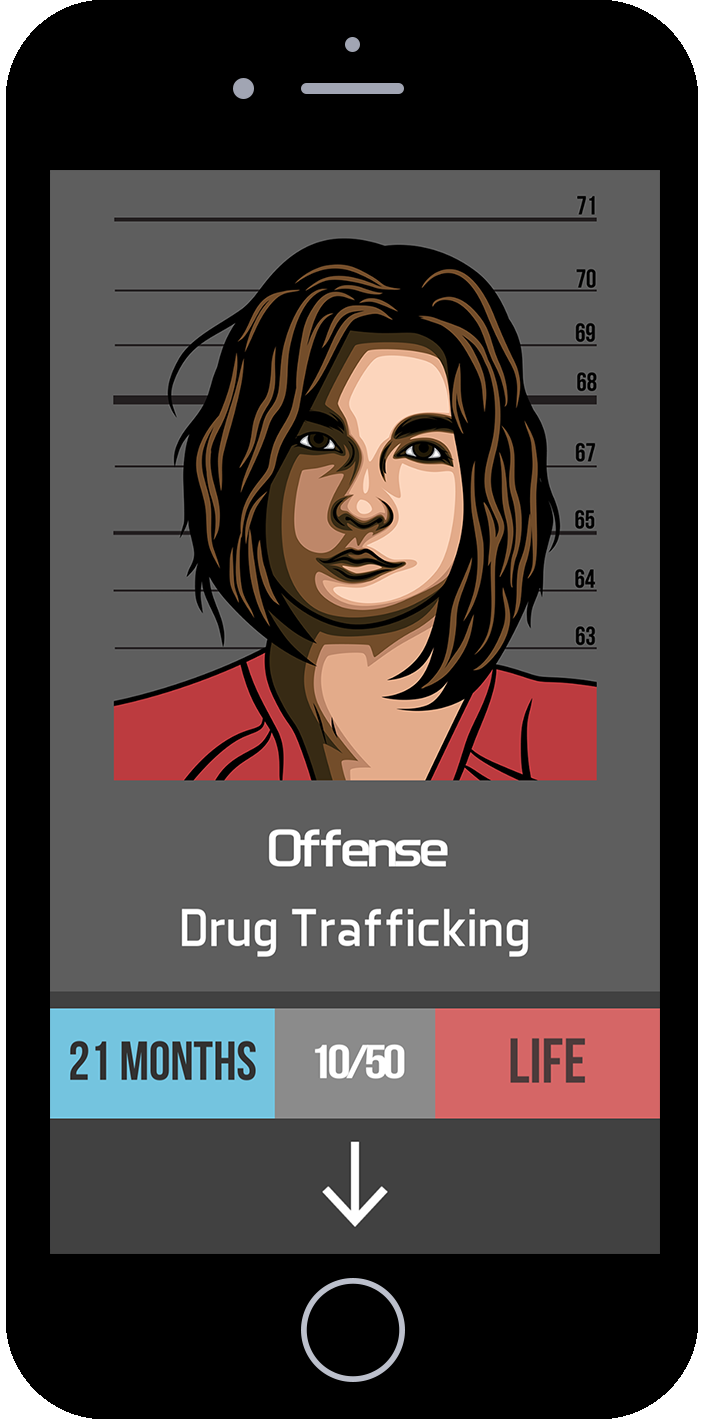

Justice.exe is a short mobile game designed to raise awareness and educate the player on the existence, promise, and peril of machine learning algorithms in the criminal justice system. The game player assumes the role of a judge and imposes a maximum or minimum sentence on a defendant taking into account various factors, including criminal history, education, employment status, marital status, etc. The player sentences multiple defendants and the algorithm “learns” what criteria the player deems important or unimportant in the imposition of a sentence. By the end of the game the algorithm can impose a sentence without any input from the player by “predicting” the likely sentence based on what it has learned. The gameplay interactively demonstrates the possibility for unintentionally biased and even discriminatory decision-making by algorithms used for criminal sentencing. The game is not intended to replicate the actual sentencing process (as many other factors come into play in real life), but is intended to illustrate the potential dangers that could arise if automated decision-making technologies are substituted for what has previously been a human decision.
The Justice.exe game was created as one part of a Class Project in a 2016-17 University of Utah Honors College Praxis Lab titled “When Machines Decide: The Promise and Peril of Living in a Data-driven Society.” The Praxis Lab also developed a set of “Best Practices” concerning the use of algorithms, a five lesson mini-course on understanding the pervasive use of algorithms in modern society and their benefits and dangers and a written report summarizing the year-long course. To learn more about how the game was created and the other three work products of the “When Machines Decide” Lab, please visit the companion Library Subject Guide
THE JUSTIC.EXE SENTENCING GAME MAY BE DOWNLOADED FROM THE APPLE APP STORE AND GOOGLE PLAY